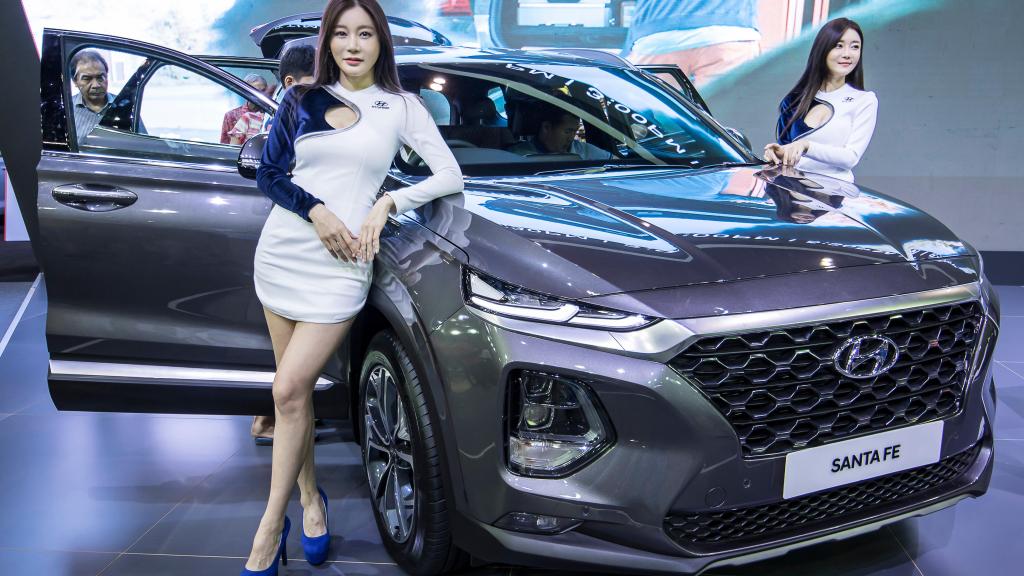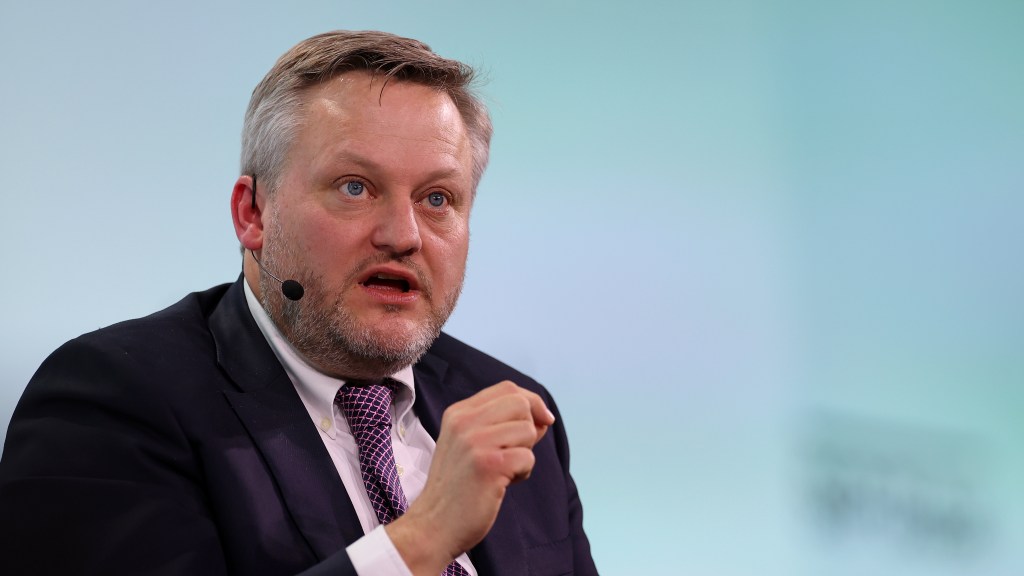Hyundai Adjusts Strategy Amid Falling Demand for Electric Vehicles
Hyundai is intensifying its focus on hybrid vehicles as the automotive market experiences declining demand for all-electric cars.
The South Korean automobile manufacturer has announced plans to expand its hybrid lineup to as many as 14 models, anticipating a surge in demand, particularly in North America. The company has set a new hybrid sales target of 1.33 million units by 2028, increasing its goal by 40 percent.
In contrast, Hyundai is maintaining its electric vehicle (EV) sales projection of two million units by the close of the decade.
The automaker is also venturing into the extended-range electric vehicle (EREV) segment, which has gained traction in China, offering a range exceeding 900KM on a full charge. Mass production of these vehicles is slated to begin in North America and China by late 2026.
Jaehoon Chang, Hyundai Motor’s president and CEO, remarked, “Recently, the speed of conversion to electric vehicles has been slowing. As a result, demand for hybrids is increasing, and hybrids are becoming a basic option rather than an alternative to internal combustion engines.”
This announcement from Hyundai, recognized as the world’s third-largest car manufacturer, coincides with Polestar’s recent governance changes. Polestar, an EV producer that emerged from Volvo two years ago, is reorganizing its management following a series of delayed product launches and unmet delivery expectations.
Michael Lohscheller, the former head of Opel, will succeed Thomas Ingenlath as chief executive of Polestar starting October 1. This leadership transition comes as Polestar initiates a significant cost-reduction strategy aimed at achieving profitability and positive cash flow by next year.
Additionally, the electric vehicle market faced challenges as Lotus Technologies, part of the British sports car brand Lotus Group (owned by China’s Geely and Malaysia’s Etika Automotive), reduced its annual delivery forecasts by over 50 percent, citing the uncertain impact of new tariffs in the US and EU.
BYD Reports Increased Profits
In related developments, BYD, China’s largest electric vehicle manufacturer backed by investor Warren Buffett, has reported a nearly 24 percent increase in half-year profits, despite significant discounts on its top-selling models.
Based in Shenzhen, BYD, which briefly surpassed Tesla to become the leading electric vehicle maker earlier this year, noted a net profit of 13.6 billion yuan (approximately £1.4 billion) for the six months ending in June, reflecting a 24.4 percent growth compared to the same timeframe last year. Sales rose nearly 16 percent to 301 billion yuan.
BYD’s growth has primarily been fueled by its domestic market, where it accounted for six of the ten best-selling electric vehicles in China last year. However, the company may face obstacles in Europe following Brussels’ proposal to impose substantial tariffs on imports of Chinese-manufactured electric vehicles, including a potential 27 percent duty on BYD’s vehicles.




Post Comment